Imported car sales divergence: Lexus soars, Porsche plunges
![]() 10/21 2024
10/21 2024
![]() 567
567
According to the latest data from the China Passenger Car Association, sales of imported models have continued to decline year-on-year, with negative growth lasting for three consecutive years. From January to August this year, Lexus topped the list of imported car sales with 117,700 units sold, up 12% year-on-year, making it the brand with the highest growth rate on the list. BMW and Mercedes-Benz, ranked second and third, sold 104,600 and 88,200 units respectively, down 15% and 28% year-on-year.
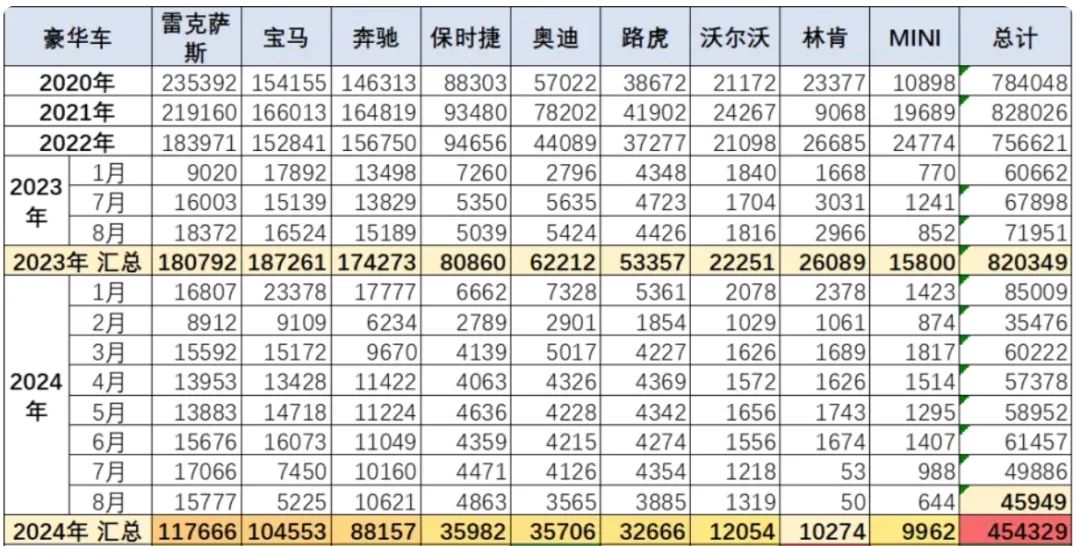
In stark contrast to Lexus's growth, Porsche sold 36,000 imported cars from January to August, down 34% year-on-year, a particularly significant decline. According to Porsche's latest data, Porsche sold 226,000 vehicles globally in the first three quarters, down 7% year-on-year. The main reason is the weak Chinese market. In the first three quarters, sales were 43,000 units, down 29% year-on-year. This decline stands out amid generally positive growth figures across regions.
Why do Lexus and Porsche, both imported models, show polarized market performance?
Prices matter; there's no car that won't sell
Lexus once surpassed 20,000 monthly sales in China, making China its largest market. At its peak in 2021, 224,000 imported Lexus models were sold in China, followed by a direct decline to 184,000 units in 2022. This year, Lexus has rebounded in the face of declining imported car sales, primarily due to the strategy of "trading price for volume."
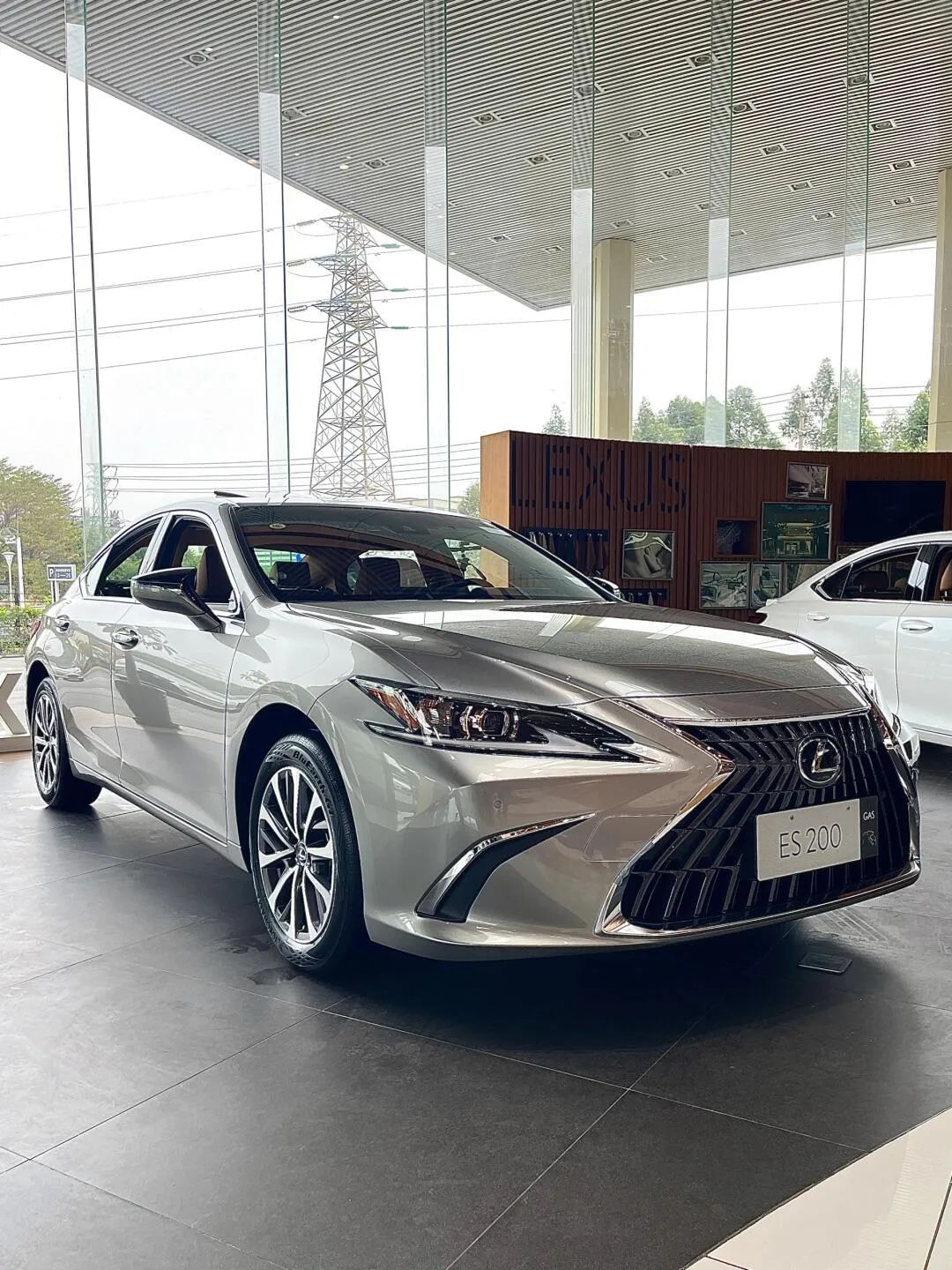
Compared to other brands, Lexus stands out in two ways: value retention and high quality. Although Lexus, like other luxury brands, faces competition from domestic newcomers, it still has brand premium pricing power and ample room for price reductions. Therefore, when faced with a declining market, Lexus's decisive price cuts have attracted considerable attention from consumers.
'Auto Talk' has learned through research that the current prices of Lexus models are indeed "shocking." The Lexus ES, which is a mainstay of sales, has dealer discounts of up to 50,000 yuan, putting it in the price range of over 200,000 yuan. This is primarily because the all-new Lexus ES will be launched early next year, so the current model is essentially in a "fire sale" phase.
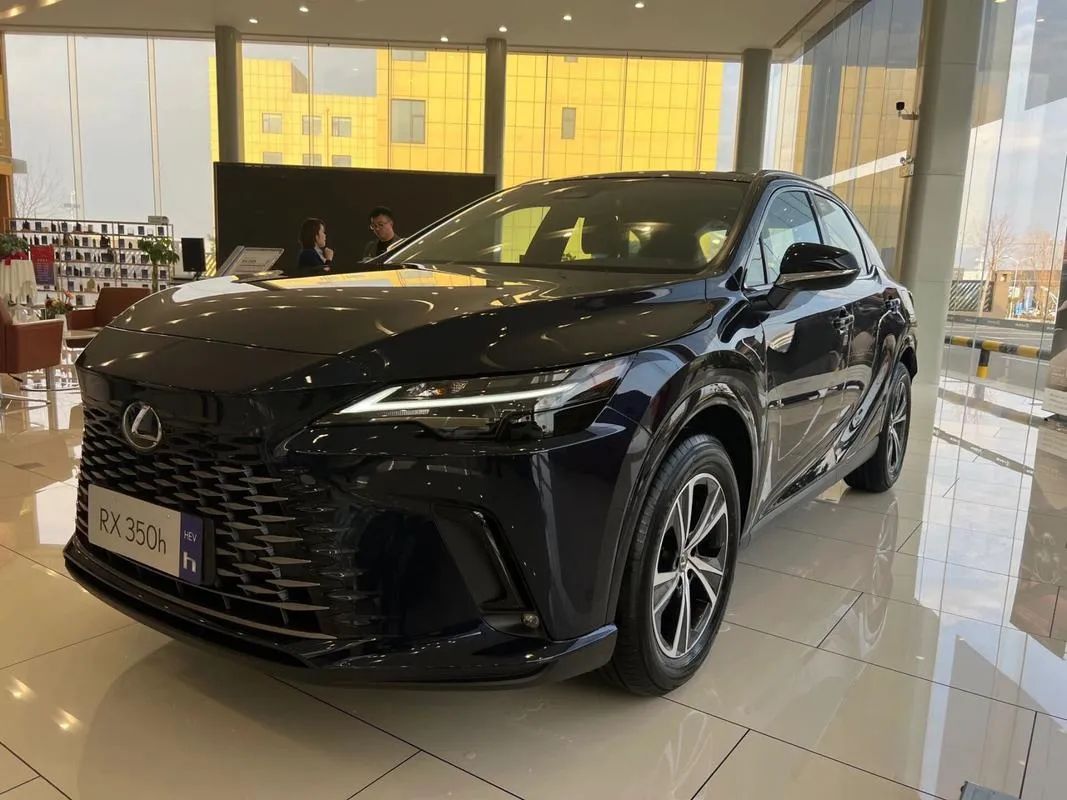
As the best-selling SUV among imported Lexus models, the Lexus RX recently launched the RX300 Junxiang Edition, with an official starting price of just 380,000 yuan for the all-wheel-drive variant. Clearly, for a Lexus RX that once cost half a million yuan or more, the current price and multiple free maintenance benefits make it a highly cost-effective choice among luxury brands.
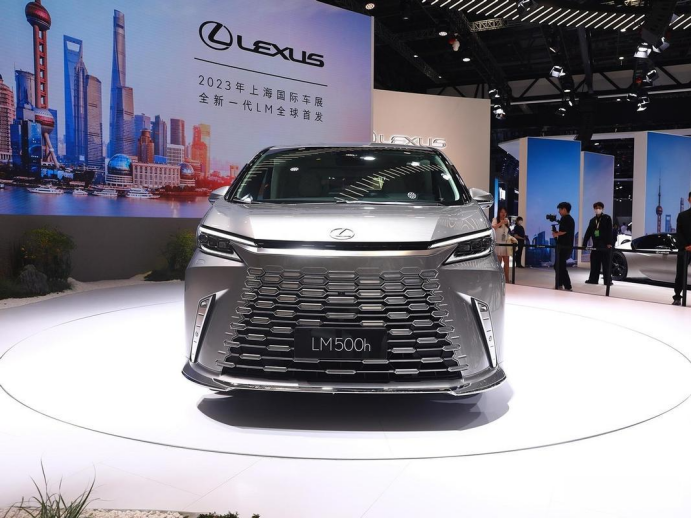
In addition, Lexus still employs a scarcity marketing strategy for some models. For example, the Lexus LM is still in high demand, with the four-seater version commanding an even higher premium than the six-seater version, easily exceeding several hundred thousand yuan. As a result, Lexus dealers generally fare better than those of other luxury brands.
Therefore, the growth in sales of Lexus's imported models can be seen as a rebound following market adjustments. However, with the launch of new models next year, discounts on Lexus models are bound to decrease, making it difficult for sales growth to be sustained in China.
On one hand, there's sales; on the other, there's value orientation
If the growth in Lexus's imported sales is an exception, Porsche's continuous decline in China represents the majority of imported car market performance. Both Mercedes-Benz and BMW have also seen double-digit declines in imported car sales, although Porsche's decline is more pronounced. Porsche officials attribute the decline in Chinese sales primarily to intense price competition and Porsche's focus on value-oriented sales.
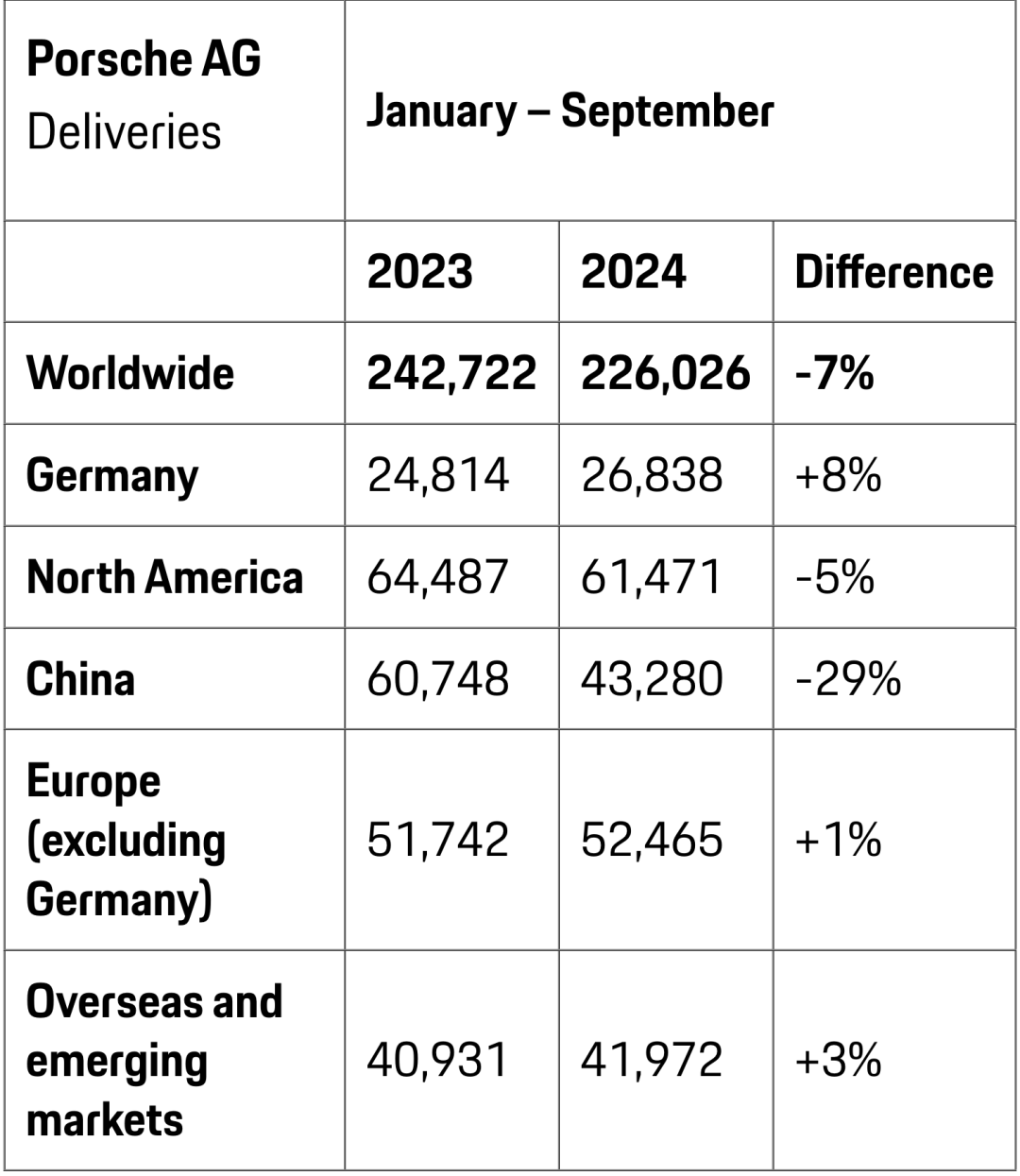
In simpler terms, the Chinese market is highly competitive in terms of pricing, and Porsche is unwilling to lower prices to boost sales, which could compromise its luxury brand positioning. 'Auto Talk' has learned from Porsche dealers that discounts are available on Porsche models. However, for vehicles priced at one to two million yuan, even discounts of over 100,000 yuan fail to significantly boost sales.
The core issue lies in Porsche's waning appeal to Chinese consumers. Chinese customers are a generation younger than those in Europe and the US, with an average age of around 37. In terms of gender, female drivers account for nearly half of the market in China. These consumers are increasingly attracted to domestic high-end electric vehicles, which offer lower prices, better driving experiences, and a sense of prestige. In contrast, while Porsche's electric models offer significant discounts, they still lack attention. Its best-selling models, the Macan and Cayenne, are losing customers to competitors like AITO and NIO.
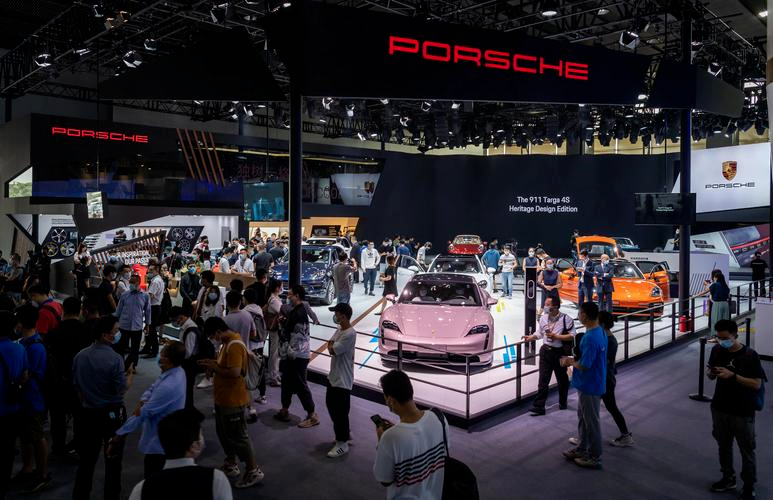
Since 2015, China has been Porsche's largest single market globally, setting new sales records for 20 consecutive years. In 2021, Porsche delivered a record 96,000 new vehicles in China. However, in 2022, China became the only market where Porsche sales declined, falling 2.5% year-on-year to 93,000 units. This was the first decline since Porsche entered the Chinese market, and sales fell further in 2023, with a year-on-year drop expanding to 15%. Clearly, based on this year's sales trend, Porsche's sales decline in China will continue to widen.
It is no coincidence that Porsche's sales decline has coincided with the rapid growth of domestic electric vehicle sales. In addition to external pressures, Porsche's internal supplier system has also encountered problems. It is rumored that to meet sales targets, Porsche China has pressured dealers to take on excess inventory, causing significant financial strain and exacerbating tensions between Porsche China and its dealers. Some Chinese Porsche dealers protested and boycotted in May, stopping deliveries and pressuring the German headquarters for subsidies and changes in Chinese management.

Ultimately, the matter was quietly resolved through negotiations between Porsche and its dealers. As of September 1, 2024, Alexander Pollich succeeded Michael Kirsch as President and CEO of Porsche China, overseeing operations in mainland China, Hong Kong, and Macau. While tensions between Porsche and its Chinese dealers have eased, the new CEO still faces the urgent task of reversing Porsche's significant sales decline in China.
Clearly, Porsche finds itself caught between sales and value orientation, unlike Lexus, which has been more decisive. Regardless of past successes, if a brand fails to keep pace with the times, it will eventually lose its market dominance.






